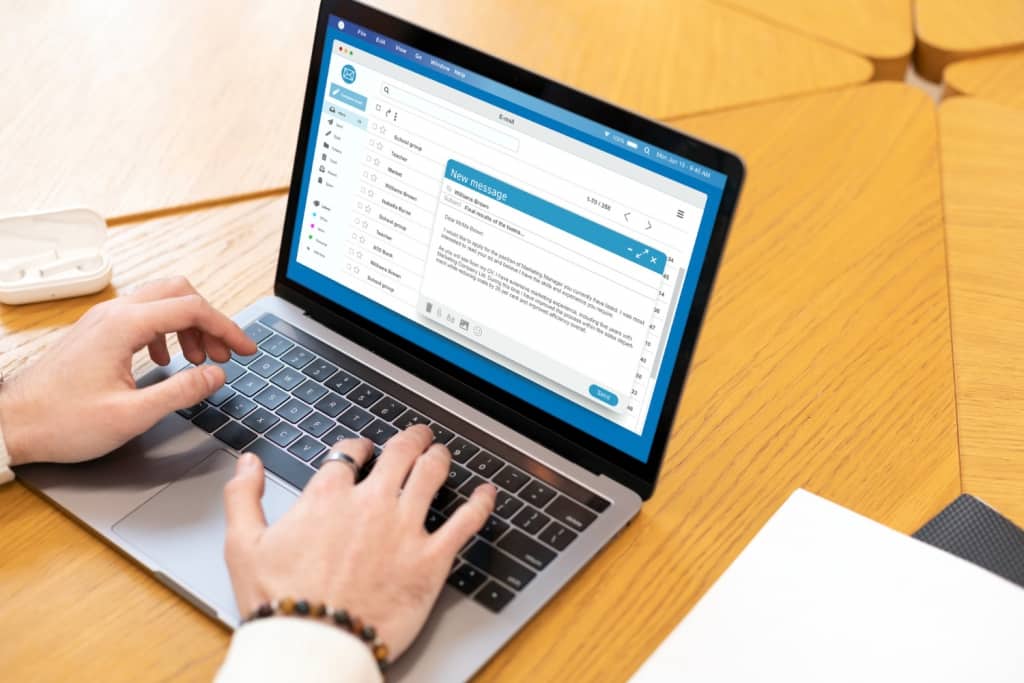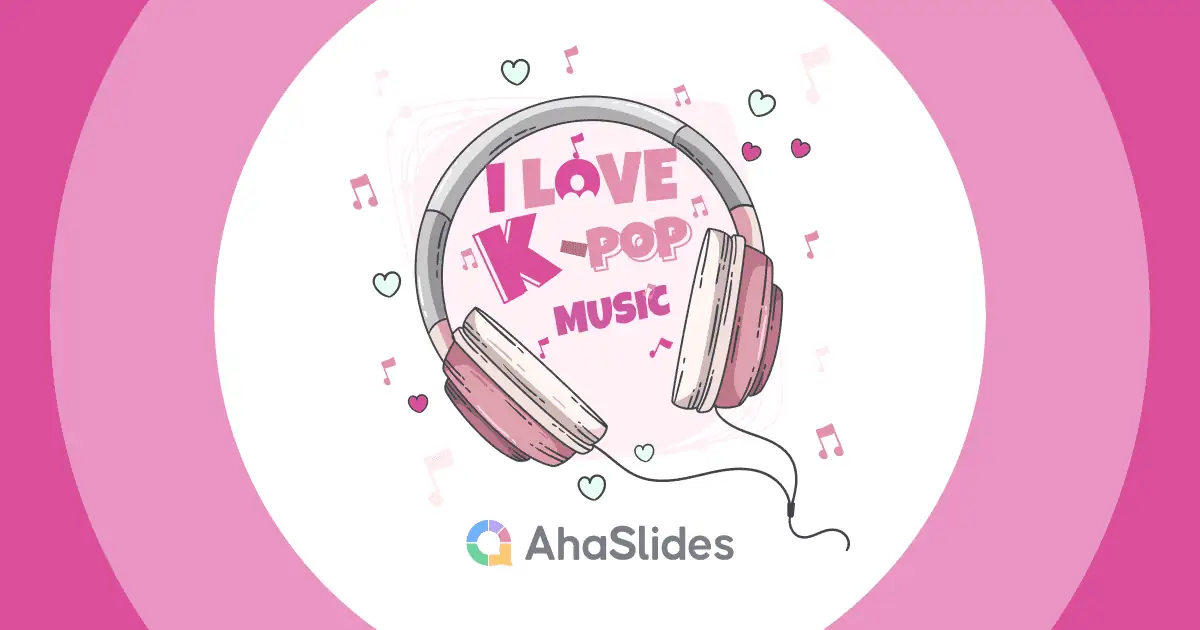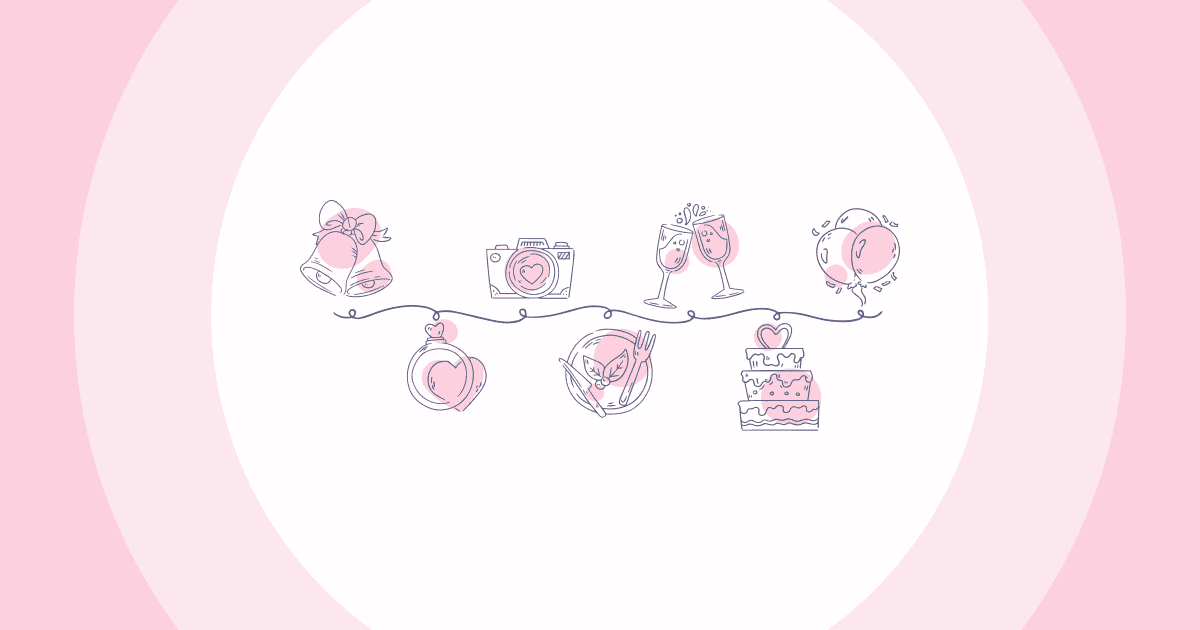Vi har alle været der. Nogen spørger: "Hvordan har du det?", og autopiloten sætter ind med et simpelt "Godt" eller "Fint". Selvom disse svar er høflige, maskerer de ofte vores sande følelser. Livet kan være udfordrende, og nogle gange kan en "god" dag føles direkte forfærdelig. Hvad nu hvis vi begyndte at tage dette spørgsmål som en mulighed for ægte forbindelse? pen_spark
I dette indlæg ændrer vi dit standardsvar og udforsker mere end 70 måder at udtrykke dig selv på. Hvordan har du det Svar i specifikke situationer. Hvem ved? Du opdager muligvis et nyt niveau af forbindelse i dine samtaler.
Indholdsfortegnelse
- Hvordan har du det med at svare i uformelle situationer
- Hvordan har du det med at svare i formelle situationer
- Hvordan har du det med at svare, når du har en hård tid
- Hvordan har du det Svar, når du føler dig taknemmelig
- Hvordan har du det Svar på formel e-mail
- Ofte Stillede Spørgsmål

Tips til bedre engagement
- Live Q&A Værktøj til at styrke din præsentation
- Sådan stiller du spørgsmål
- Hvordan man spørger nogen, om de er ok

Mere sjov i din icebreaker-session.
I stedet for en kedelig introduktion, lad os starte en sjov quiz for at engagere dig med dine venner. Tilmeld dig for at tage en gratis quiz fra AhaSlides skabelonbibliotek!
🚀 Snup gratis quiz☁️
Hvordan har du det med at svare i uformelle situationer
I afslappede situationer behøver du ikke at give et langt svar. Men afhængigt af dit forhold til den person, der stiller spørgsmålet, kan du justere dit svar. For eksempel kan du være mere åben over for en nær ven end en tilfældig bekendt.
Derudover er det høfligt at gengælde spørgsmålet og spørge, hvordan den anden person har det. Det viser, at du holder af dem, og skaber en mere afbalanceret samtale.
Her er nogle eksempler på, hvordan du svarer i uformelle situationer:
- Jeg har det fint, tak!
- Ikke dårligt, hvad med dig?
- Jeg har det fint, hvordan har du det?
- Kan ikke klage, hvordan går din dag?
- Rigtig godt, tak fordi du spurgte!
- Ikke for lurvet, hvad med dig?
- Det går fint. Hvordan behandler livet dig?
- Jeg har det godt. Tak fordi du kiggede ind!
- Jeg holder ud. Hvad med dig?
- Jeg har det fint. Hvordan har din uge været?
- Jeg har det godt. Hvad med dig?
- Ikke for meget at klage over. Hvad med dig?
- Jeg har det ret godt, tak fordi du spørger!
- Har du det godt, hvad med dig selv?
- Jeg har det fint. Hvordan går din dag?
- Jeg har det fint, hvad med dig?
- Alt er godt. Hvad med dig?
- Kan ikke klage, hvordan går det med dig?
- Ret godt, hvad med dig?
- Ikke dårligt. Hvordan går det med din dag?
- Jeg har det fint. Hvad med dig?
- Tingene er gode, hvad med dig?
- Jeg har det helt fint. Tak fordi du spørger!
- Jeg har haft en travl dag på arbejdet, men jeg føler mig tilfreds.
Hvordan har du det med at svare i formelle situationer

I formelle situationer bør du bruge formelt sprog og undgå slang eller talesprog for at bevare en respektfuld tone og en professionel opførsel.
Selv hvis du har en dårlig dag, så prøv at fokusere på de positive aspekter af dit arbejde eller din situation. Og glem ikke at udtrykke taknemmelighed for den person eller organisation, du interagerer med.
Her er nogle eksempler på
Hvordan har du det med at svare i formelle situationer:- Jeg har det godt, tak fordi du kiggede ind. Hvordan kan jeg hjælpe dig i dag?
- Tak fordi du kiggede på mig. Hvordan kan jeg hjælpe dig?
- Jeg har det fint, tak fordi du spørger. Det har været en produktiv dag indtil videre.
- Jeg har det fint. Tak for din forespørgsel. Jeg sætter pris på din sans for detaljer.
- Jeg har det godt, tak fordi du spurgte. Jeg glæder mig til vores møde i dag.
- Jeg har det fint, tak. Det er en fornøjelse at være her i dag.
- Tak for din forespørgsel. Jeg har det fint. Det er en ære at samarbejde med dit team.
- Jeg har det godt, tak fordi du spørger. Jeg sætter pris på muligheden for at være her i dag.”
- Jeg har det godt. Tak fordi du kiggede ind. Det er en travl dag, men jeg klarer mig.
- Jeg har det fint, tak fordi du spørger. Jeg glæder mig til at diskutere projektet yderligere med dig.
- Jeg har det fint, tak. Jeg sætter pris på muligheden for at tale med dig i dag.
- Jeg har det fint. Tak for din forespørgsel. Jeg er taknemmelig for muligheden for at arbejde på dette projekt.
- Jeg har det godt, tak for din interesse. Jeg er sikker på, at vi kan finde en løsning.
- Jeg har det fint, og jeg sætter pris på, at du kiggede ind. Jeg er interesseret i at lære mere om dine mål.
- Jeg har det godt, tak fordi du spørger. Jeg ser frem til at gennemgå detaljerne med dig.
- Jeg har det godt, tak for din forespørgsel. Jeg er optimistisk omkring vores fremskridt indtil videre.
- Jeg har det fint, og jeg sætter pris på din omsorg. Jeg er ivrig efter at komme i gang med projektets detaljer.
- Jeg har det godt, tak fordi du spørger. Jeg er forpligtet til at levere service af høj kvalitet.
Hvordan har du det med at svare, når du har en hård tid

Det er okay at erkende, at du har det svært, og være ærlig om dine følelser. Du behøver ikke at gå i detaljer om alt, hvad der går galt. Hold i stedet dit svar kortfattet og præcist.
Vær desuden ikke bange for at bede om hjælp eller støtte. At lade andre vide, at du kæmper, kan hjælpe dig med at føle dig mindre alene.
Her er nogle eksempler, du muligvis har brug for:
- Jeg har det ikke særlig godt lige nu. Men jeg sætter pris på din bekymring.
- Jeg går igennem en svær tid lige nu. Men jeg gør mit bedste for at klare det.
- Jeg har det svært. Men jeg ved, at det nok skal blive bedre til sidst.
- Jeg går igennem en hård periode, men jeg gør mit bedste for at fortsætte.
- For at være ærlig, kæmper jeg. Hvad med dig?
- Det har været en udfordrende dag, men jeg prøver at fokusere på det positive.
- Jeg har det ikke særlig godt i dag, men jeg prøver at forblive stærk.
- Jeg har det svært i dag, men jeg ved, at jeg ikke er alene om det.
- I dag har været udfordrende, men jeg prøver at forblive opmærksom og nærværende.
- For at være ærlig, kæmper jeg virkelig lige nu.
- Det har været en hård tid, men jeg prøver at bevare håbet.
- Jeg har det ikke særlig godt, men jeg er taknemmelig for støtten fra mine venner og familie.
- For at være ærlig har i dag været ret overvældende.
- Jeg går igennem en hård tid, men jeg gør mit bedste for at forblive stærk.
Hvordan har du det Svar, når du føler dig taknemmelig
Gør det til en vane at udtrykke din taknemmelighed regelmæssigt, ikke kun når nogen spørger dig, hvordan du har det. Dette vil hjælpe dig med at dyrke en mere positiv tankegang generelt.
Her er nogle eksempler på
Hvordan svarer du, når du føler dig taknemmelig:- Jeg har det rigtig godt, og er taknemmelig for mit helbred og min familie.
- Jeg har det godt, tak fordi du spørger. Jeg føler mig meget heldig og taknemmelig i dag.
- Jeg har det godt, og jeg er taknemmelig for mit arbejde, mit hjem og mine kære.
- Jeg har det godt, og jeg er taknemmelig for de ting, jeg har lært, og for de mennesker, jeg har i mit liv.
- Jeg føler mig velsignet over alle de oplevelser, der har formet mig.
- Jeg føler mig taknemmelig for de små glædelige øjeblikke, der gør livet noget særligt.
- Jeg har det godt, og jeg er taknemmelig for naturens skønhed omkring mig.
- Jeg føler mig taknemmelig for de mennesker i mit liv, som gør hver dag lysere.
- Jeg har det virkelig godt, taknemmelig for fremmedes venlighed og familiens kærlighed.
- Jeg har det rigtig godt, og er taknemmelig for at kunne hjælpe andre.
- Jeg er taknemmelig for de beskedne glæder i livet, der gør mig lykkelig.
- Jeg har det fantastisk, og er taknemmelig for de minder, jeg har skabt, og de eventyr, der ligger forude.
Hvordan har du det Svar på formel e-mail

Husk, at du kommunikerer formelt, så dit svar skal være passende og professionelt.
Desuden skal du sikre dig, at du bruger et høfligt sprog, korrekt grammatik og tegnsætning i dit svar. Det vil hjælpe med at formidle en professionel tone og undgå misforståelser. Efter at have besvaret spørgsmålet, vis interesse for modtageren ved at spørge, hvordan de har det, eller om der er noget, du kan hjælpe dem med.
Her er nogle eksempler på
Hvordan har du det med at besvare formel e-mail:- Jeg har det fint. Tak for din venlige forespørgsel. Det er dejligt at høre fra dig igen.
- Jeg sætter pris på din bekymring. Jeg har det godt, og håber det samme for dig.
- Tak fordi du kiggede ind. Jeg har det godt, og jeg håber du også har det. Hvordan kan jeg hjælpe dig yderligere?
- Jeg har det godt, tak fordi du spørger. Jeg håber, du også har det godt. Hvordan kan jeg hjælpe dig?
- Jeg sætter pris på din forespørgsel. Jeg har det godt, tak. Sig endelig til, hvis du har brug for yderligere oplysninger.
- "Tak for din e-mail. Jeg har det godt, og jeg håber, at du har det godt med denne besked."
- Jeg har det godt, tak fordi du spørger. Jeg håber, at din uge går glat indtil videre.
- Jeg sætter pris på din betænksomhed. Jeg har det godt, tak. Hvordan kan jeg hjælpe dig?
Nøgleforsøg
Uanset om du svarer i en uformel chat eller en formel e-mail, skal du skræddersy dit svar til den specifikke kontekst og udtrykke dig autentisk. Så forhåbentlig vil de 70+ "Hvordan du klarer dig i specifikke situationer" ovenfor hjælpe dig med at få en dybere forbindelse med andre.
Og glem det ikke AhaSlides giver en innovativ måde at engagere dit publikum og indsamle feedback om, hvordan de klarer sig. Med vores skabeloner, kan du nemt oprette interaktive afstemninger og Spørgsmål og svar som giver dit publikum mulighed for at dele deres tanker og følelser i realtid. Så hvorfor ikke give os en chance og tage dine præsentationer til næste niveau?
Ofte Stillede Spørgsmål
Hvorfor spørger folk "Hvordan har du det?"
Folk spørger ofte: "Hvordan har du det?" for at vise, at de holder af dig og er interesserede i dit velbefindende. Det er en almindelig hilsen i forskellige sammenhænge, lige fra afslappede samtaler til formelle møder eller e-mails.
Hvordan svarer jeg på spørgsmålet "Hvordan har du det?" i en professionel sammenhæng?
Når du i en professionel sammenhæng svarer på spørgsmålet "Hvordan har du det?", kan du svare således:
– Jeg har det fint. Tak for din forespørgsel. Jeg sætter pris på din sans for detaljer.
– Jeg har det godt, tak fordi du spørger. Jeg glæder mig til vores møde i dag.
– Jeg har det fint, tak. Det er en fornøjelse at være her i dag.
– Tak for din forespørgsel. Jeg har det fint. Det er en ære at samarbejde med dit team.
– Jeg har det godt, tak fordi du spørger. Jeg sætter pris på muligheden for at være her i dag.”
Hvordan fortæller man, hvordan det går?
– Spørg blot og høfligt: "Hvordan har du det?"
– Spørg om deres generelle velbefindende med "Hvordan har du det?"
– Spørg om et specifikt aspekt, som f.eks. "Hvordan går det med arbejdet/skolen?"
– Spørg empatisk: “Du virker stresset, hvordan har du det?”
– Gør stemningen lettere ved at spørge: "Hvordan har livet behandlet dig på det seneste?"








